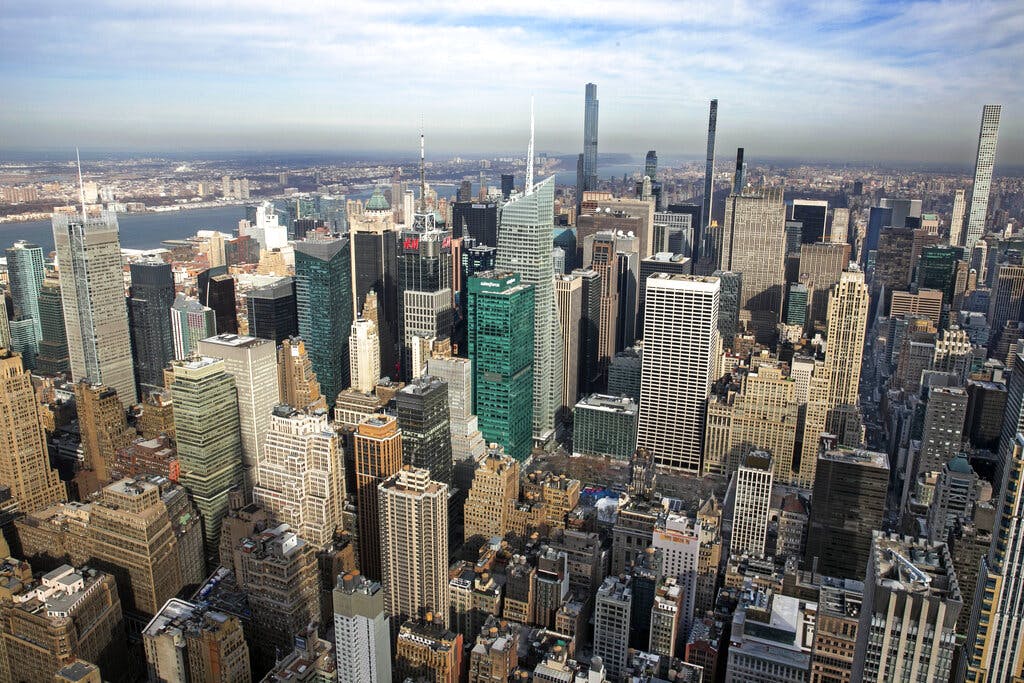Judge Will Weigh Delaying Empire State Primaries on Claim of Gerrymandering
The decision marks a shift from the suggestion that the state proceed with elections using the new maps this year and then if the maps are declared unconstitutional hold special elections in 2023.

The possibility that New York’s electoral primaries, now slated for June 28, could be delayed got a boost in court today as a state supreme court judge agreed to hear arguments on the question by the end of the month.
The delay would stem from litigation over the constitutionality of New York’s new district maps. The case could play a role in deciding the balance of power in the U.S. House of Representatives after the midterm elections.
At the request of Republicans who contend the map is gerrymandered in favor of the Democratic Party, which drew the map, Judge Patrick McAllister on Wednesday agreed to hear arguments over whether to delay the party primaries to allow time for the lawsuit to proceed.
That marked a shift from his previous suggestion that the state proceed with elections using the new maps this year and then if the maps are declared unconstitutional hold special elections in 2023.
Republicans have argued that holding such special elections would be unconstitutional, insisting that both the United States and New York State constitutions stipulate representatives and state senators serve two-year terms.
“The federal Constitution makes plain that House members can only run for two-year terms,” a spokesman for Republicans pressing the case, Representative John Faso, told The New York Sun.
Republicans also argue that the state primaries could be pushed back as far August without violating federal election law.
In a similar redistricting dispute in Maryland, that state’s highest court ruled yesterday that its state primary would be delayed three weeks, to July 19 from June 28.
In the New York dispute, Judge McAllister of the supreme court at Steuben County will hear the Republicans’ argument on March 31. A final ruling in the case will be expected by April 4.
Currently, candidates are scheduled to file petitions to qualify for primary ballots by April 11. Yet as the state’s Board of Elections “Political Calendar” notes: “Please be aware that since this is a redistricting year this calendar is subject to change by the Legislature and should be used advisedly.”
New York’s redistricting case could influence what is shaping up to be a tight midterm election.
The maps under litigation create 20 seats that look to favor Democrats’ electoral chances, two seats seen as competitive, and four Republican-leaning seats to comprise the state’s congressional delegation. Republicans now hold eight of New York’s 27 seats in the House of Representatives.
New York is losing one seat in the House due to the 2020 Census.
The new maps, according to experts, would likely add three Democratic seats and eliminate at least two — and possibly four — Republican seats.
Overall, Democrats hold the majority in the House of Representatives by 11 seats, meaning just a six-seat swing could put Republicans in the majority.

